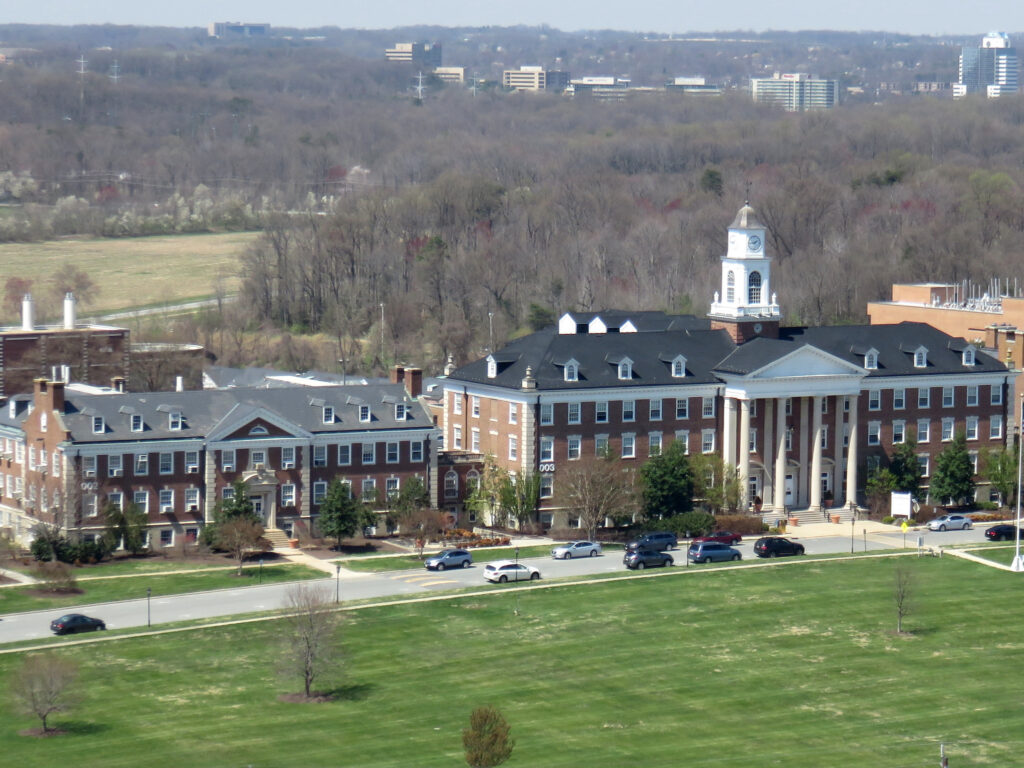Plans for the closure of the Beltsville Agricultural Research Center (BARC) remain hazy after a July 30 Senate Agriculture Committee hearing on the USDA’s reorganization proposal, which drew criticism from Democrats and Republicans alike.
The USDA’s lone witness, Deputy Secretary Stephen Vaden, said that BARC would close over a not-yet-determined number of years and a not-yet-determined number of employees would be relocated to other locations.
The hearing was swiftly called by Arkansas Senator John Boozman (R), the chair of the committee, who was dismayed that the administration had not notified Congress about the proposal prior to USDA Secretary Brooke Rollins’ July 24 announcement, a sentiment shared by many other senators present.
In response to that criticism, Rollins announced a 30-day public comment period on August 1, opening the USDA to feedback from stakeholders until August 26.
At the hearing, North Dakota Senator John Hoeven (R) cited the relocation of the Economic Research Service and the National Institute of Food and Agriculture during the first Trump administration as an example of proper notice and collaboration with Congress.
He said that a year-long review preceded the institutes’ relocations, during which time 136 communities across 35 states made the case to be the new hosts for the sites, which ended up in Kansas City.
Minnesota Senator Amy Klobuchar (D), the most outspokenly critical of the proposal at the hearing, also referred to those relocations, but said that they were “nothing short of a disaster,” as a 2023 report by the Government Accountability Office showed that the offices produced fewer reports and took longer to process grants as a result of their relocation.
With 90 percent of USDA workers already located outside the National Capital Region, Vaden argued that those at the four offices designated for closure, including BARC, would be put to better use elsewhere with the majority of their colleagues.
But Klobuchar stressed the importance of having department workers close enough to interact with lawmakers and peers in other agencies nearby. “You need people who can meet with you, to go to the White House so that you don’t have people that do not have the interests of rural America making all the decisions,” she said.
Klobuchar added that the proposal’s impact would be further compounded by tariffs increasing the cost of agricultural supplies as well as the loss of 15,000 USDA employees who accepted a deferred resignation in May.
Vaden argued during the hearing that the relocation of the local offices had a strong legal basis, citing the Use It Act, part of the Water Resources Development Act signed by President Joe Biden in January. The act requires buildings to be at least 60 percent occupied, and Vaden said USDA’s Washington buildings don’t meet that criterion.
Yet a Greenbelt resident and researcher at BARC, who declined to have his name in print, said, “we are struggling to find offices for everyone,” and Vaden’s numbers “are absolutely irrelevant to BARC.”
Another talking point of Vaden’s was that the proposed hub cities ‒ Fort Collins, Colo.; Salt Lake City, Utah; Raleigh, N.C.; Kansas City, Mo.; and Indianapolis, Ind. ‒ would offer workers a much lower cost of living than in areas around the current location.
But housing in Beltsville is cheaper than in Fort Collins, Salt Lake City and Raleigh ‒ three of the five hubs ‒ according to Greenbelt resident and atmospheric scientist Owen Kelly in an article published on Greenbelt Online.
“We have a half-baked agenda that will almost certainly result in worse services for farmers in rural communities,” said Klobuchar.
Will Hammann is a University of Maryland student at the Philip Merrill College of Journalism interning with the Greenbelt News Review.



